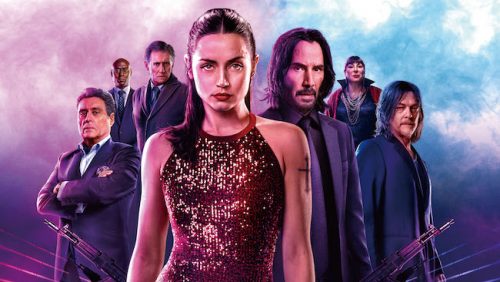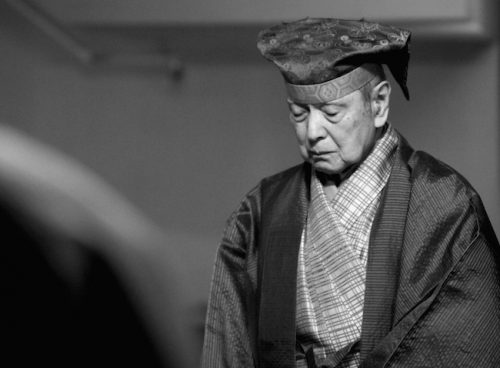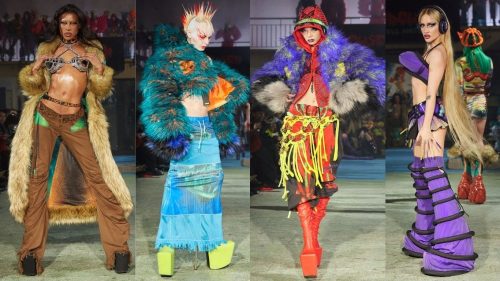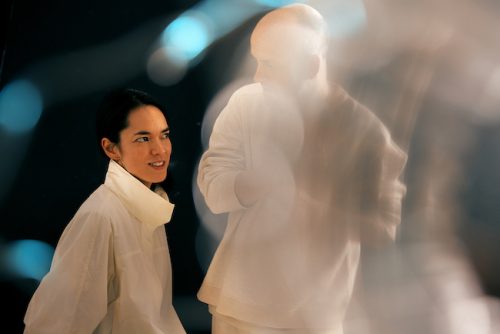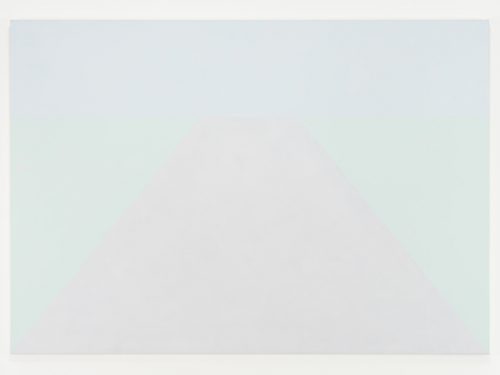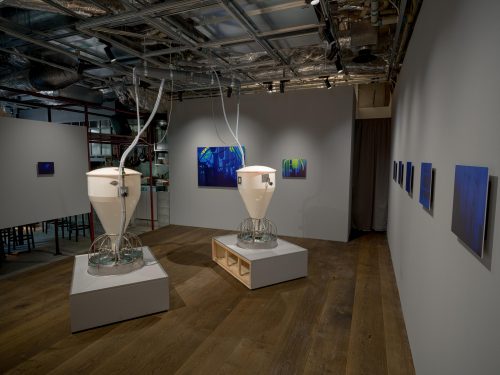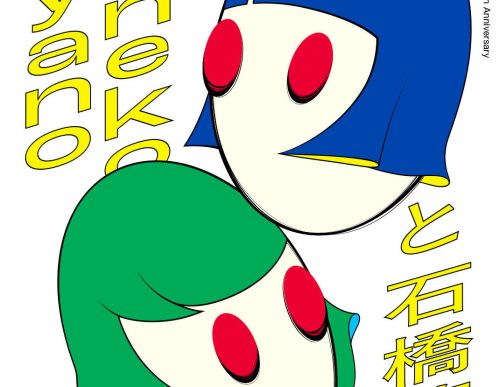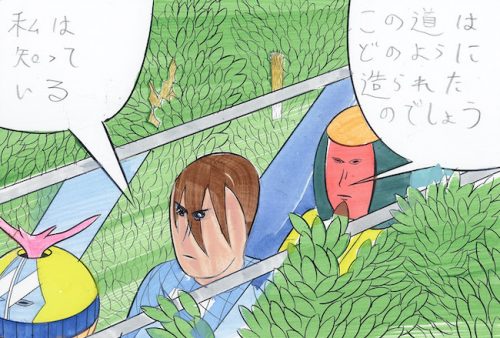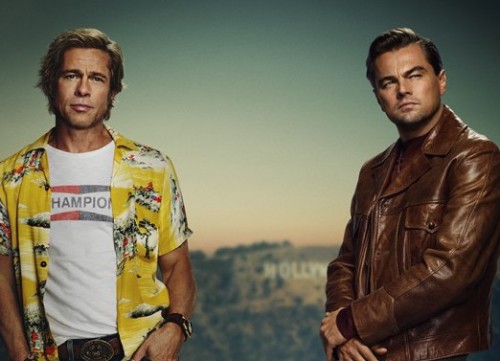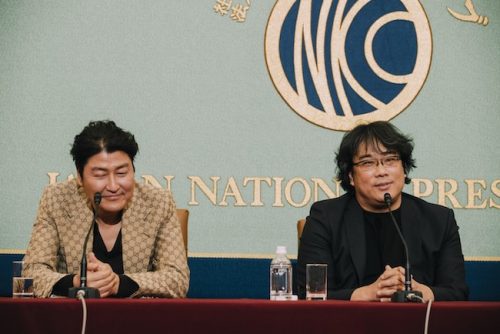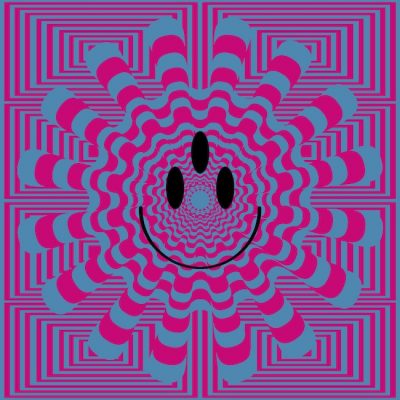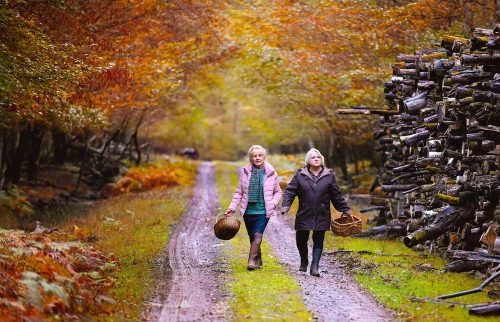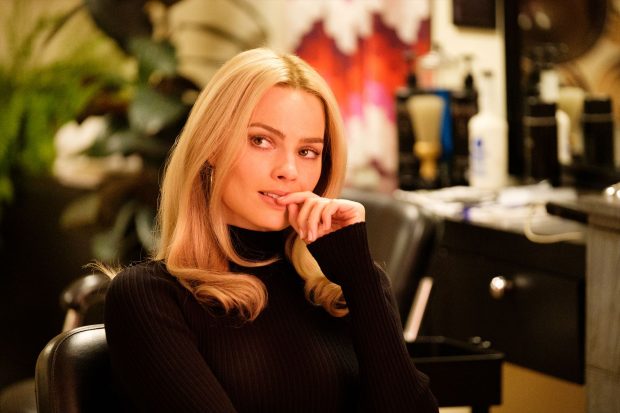
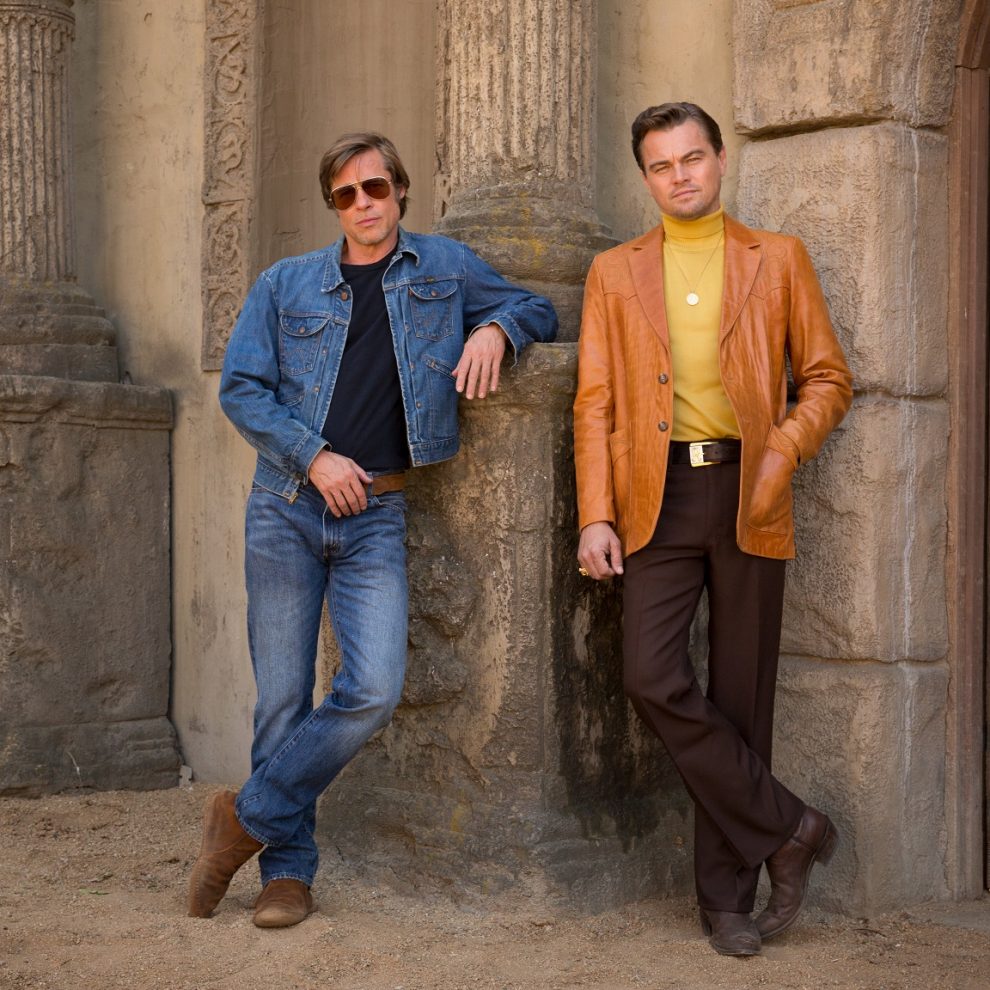
Brad Pitt and Leonardo DiCaprio star in Columbia Pictures ÒOnce Upon a Time in Hollywood”
――First of all, we have heard that you will be a dad soon.
Quentin Tarantino: Yes! Well, I’m not expecting but my wife is. I think there will be a house full of little Tara-chan coming up in one of these moments.
――Congratulations!
QT: Thank you!
――How did you come up with the idea of mixing a historical event with fictional characters?
QT: It was interesting. I decided to explore that time in Hollywood where a counter culture change was happening, and when I say Hollywood, I mean both the town and the industry. And I thought that was a very interesting thing. And the whole Sharon Tate leading up to the murders, I thought, put it in a very interesting time historical perspective.
And in the 70’s, there was a novel by E. L. Doctorow called “Ragtime.” It was a weird kind of book for me to read, but I remember reading that when I was 13 or 14 years old. It took that time period and took a bunch of fictional characters, and mixing it with luminaries from that time period whether it’d be Evelyn Nesbit or Harry Houdini or J.P. Morgan. And I always thought that was kind of an interesting idea, so when I decided to actually look at that period of Hollywood, I thought, let me make it up of my fictional characters and then basically other people who lived in Los Angeles County at that time. If you lived in Los Angeles County at that time, you are eligible to be in my story [laughs.]
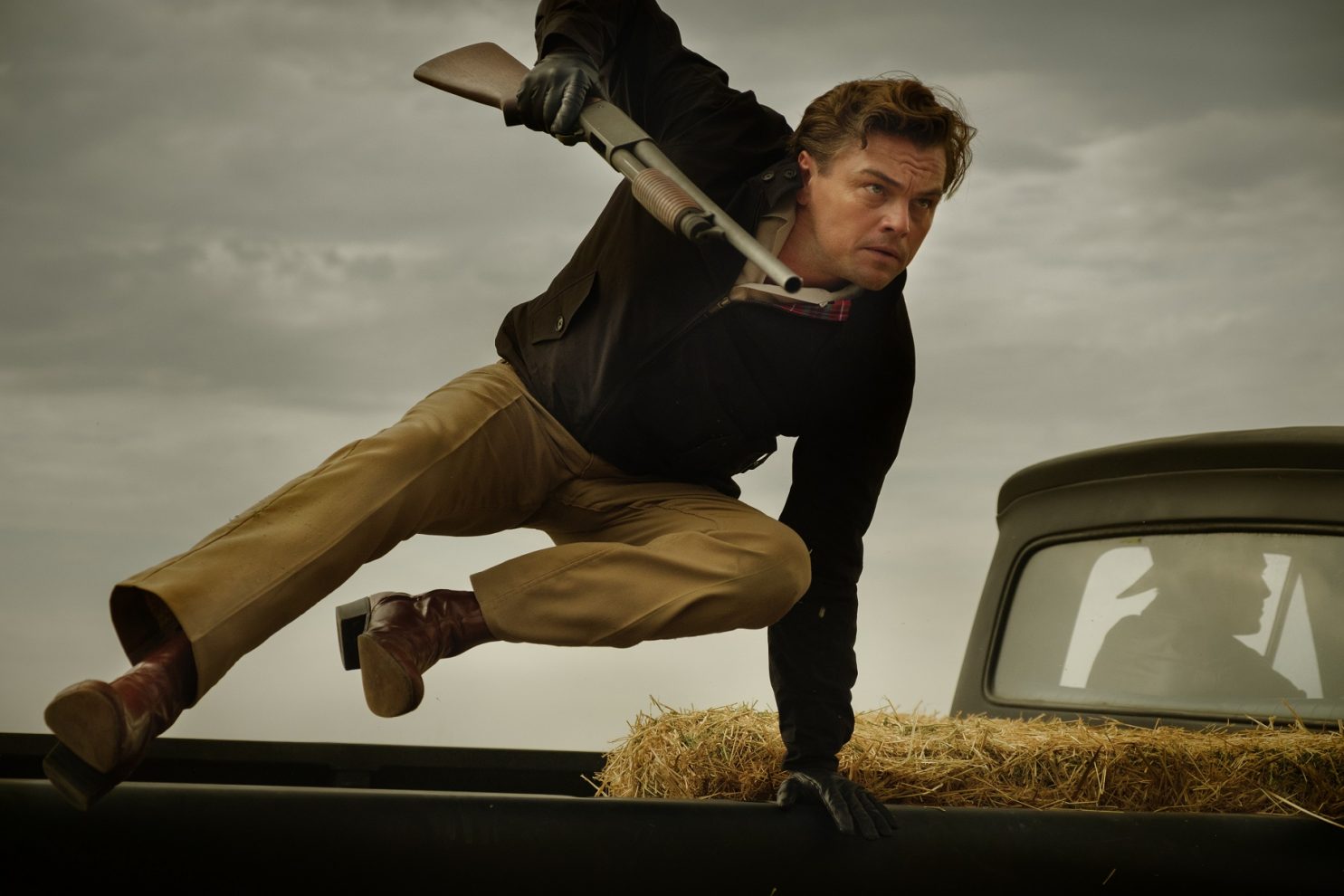
2488029 – ONCE UPON A TIME IN HOLLYWOOD
――This is the first time you work with Mr. Tarantino since “Django Unchained.” How did you feel when you first got the offer?
Leonardo DiCaprio: What was incredibly interesting about this character I would say, not oppose to the experience of Django, was getting to collaborate with Quentin on who the soul of the man was. I think that in a lot of ways, Rick is a template. This whole story is set within a couple days, and he goes to this massive sort of transformation, and we were kind of discussing what that transformation was. It’s not only a personal one. It’s him pushing himself to be a modern actor in a lot of ways. Coming from 1950’s sort of television cowboy world, the idea of playing an anti-hero and not being a likable lead is something that he can’t even contemplate. Here, we have this man that is going through this massive personal transformation, but the culture is changing and the world is changing, acting is changing.
And I just thought it was incredibly beautiful the way he set these two characters up. Two guys that were interconnected, that were sort of two sides of the same coin that were on the outskirts of Hollywood, but then, the idea of this young girl that sort of pushes him to go beyond what he thinks he is capable of doing. And that journey with Quentin of trying to find this massive transformation within two days without making everything so obvious was an incredible one.
And what was so helpful was the fact that he gave us this entire backstory of both of our characters. So we had this history going into these two days together. That sort of freed us up to take a lot of chances, I can speak for Brad and myself, and it was incredibly important in the transit in making these characters.
――Why did you cast Leo and Brad Pitt for Rick Dalton and Cliff Booth?
QT: Well, they were perfect for their characters. People have been asking me “how did you choose Leo and Brad?” And frankly, it’s more that they chose me [laughs.] They are offered everything, so they get to choose. And I’m lucky enough that I’ve worked with both of them and they liked my work. I think my script ended up towards the top of the pile, so I was lucky enough that they both read it and they responded to it and they responded to the characters. But I think it’s the one of the cast and crews of the decade if not the generation. So I’m really lucky. But it’s all these guys responding to the material.
But I would add one thing though. Since one guys is playing a lead actor and the other guy is playing his stunt double, you can’t just cast any two actors no matter how good they are or how big they are. They have to work together. As different as they are as characters on the inside, physically they have to resemble each other. They have to look like each other when they wear the same outfits. One guy has to actually double for the other guy on camera. So you needed two actors that you could believe that one could actually double the other one. And so back to these two guys, they worked up, really fortunate for me.
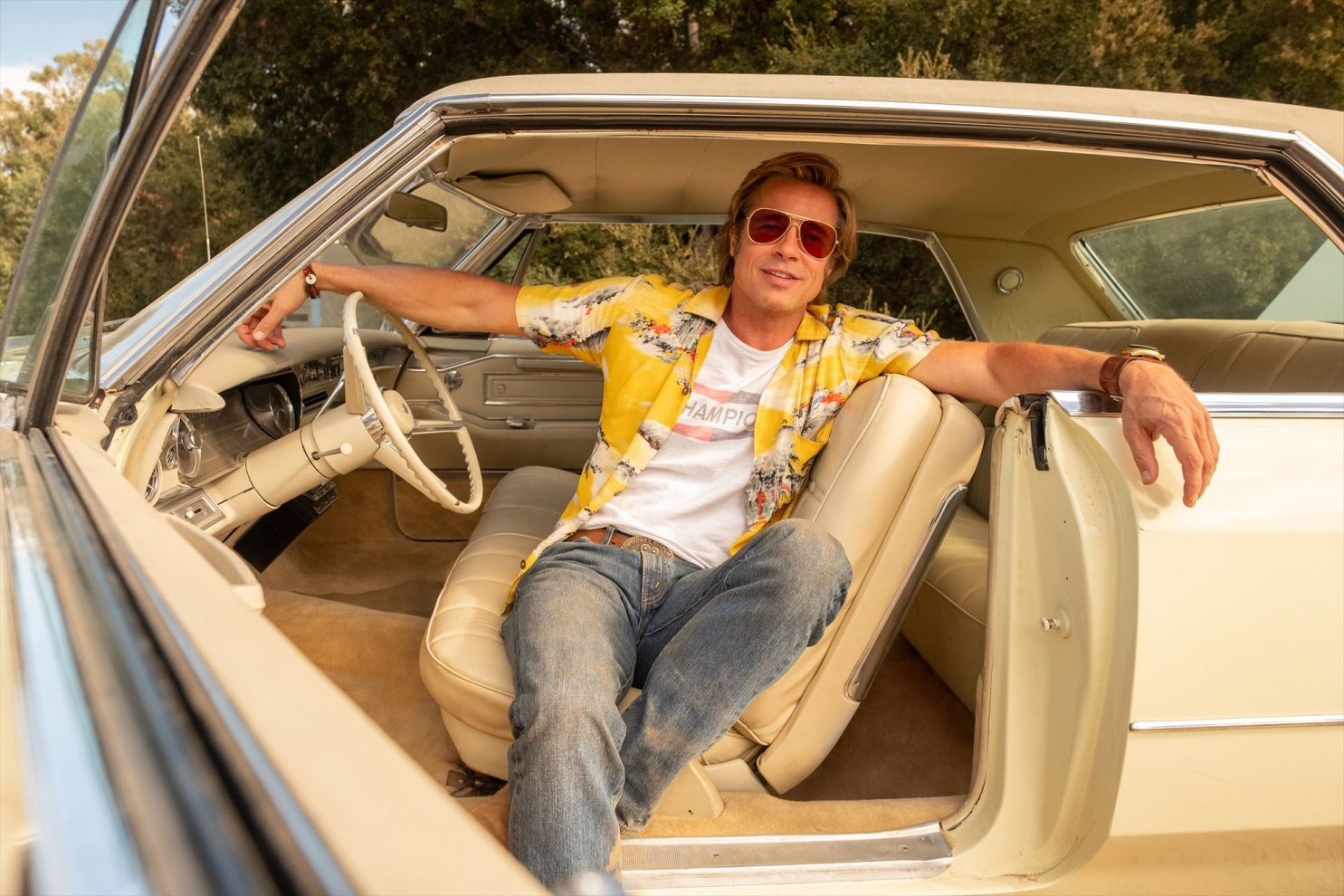
QT9_67895.raf
――This is your first time to co-star with Brad Pitt, and your relationship in the film is really close like best friends. How did you prepare for the role?
LD: I would say this is one of those rare scenarios. I think with every character that I’ve played I do as much research as I possibly can. But in Quentin’s approach, not that this was on the road or these guys were beat at all, but they were on the outskirts. They were two guys that were intrinsically linked in this industry, on the outskirts looking into Hollywood as it’s changing, Hollywood they did not belong to that they aspired to be a part of as are struggling for work. And I think that Brad and I obviously had very successful careers, but we have been there, we know what LA is like. We have been in this environment for such a long period of time that it was such a natural fit. We understand the soul of who these men were, and the dependence they had on one another to survive in an industry like that filled with constant rejection.
Quentin also gave us this incredible manuscript of our history together, the films we had done together, the partnerships that we had. So a lot of that work was done for us, and the second we kind of warmed up on set, we knew who these guys were. We were going to find out more as the filming went on, but we knew who the soul of these people were, because it was in our zeitgeist, it was in our surroundings in this industry. We knew who these people were.
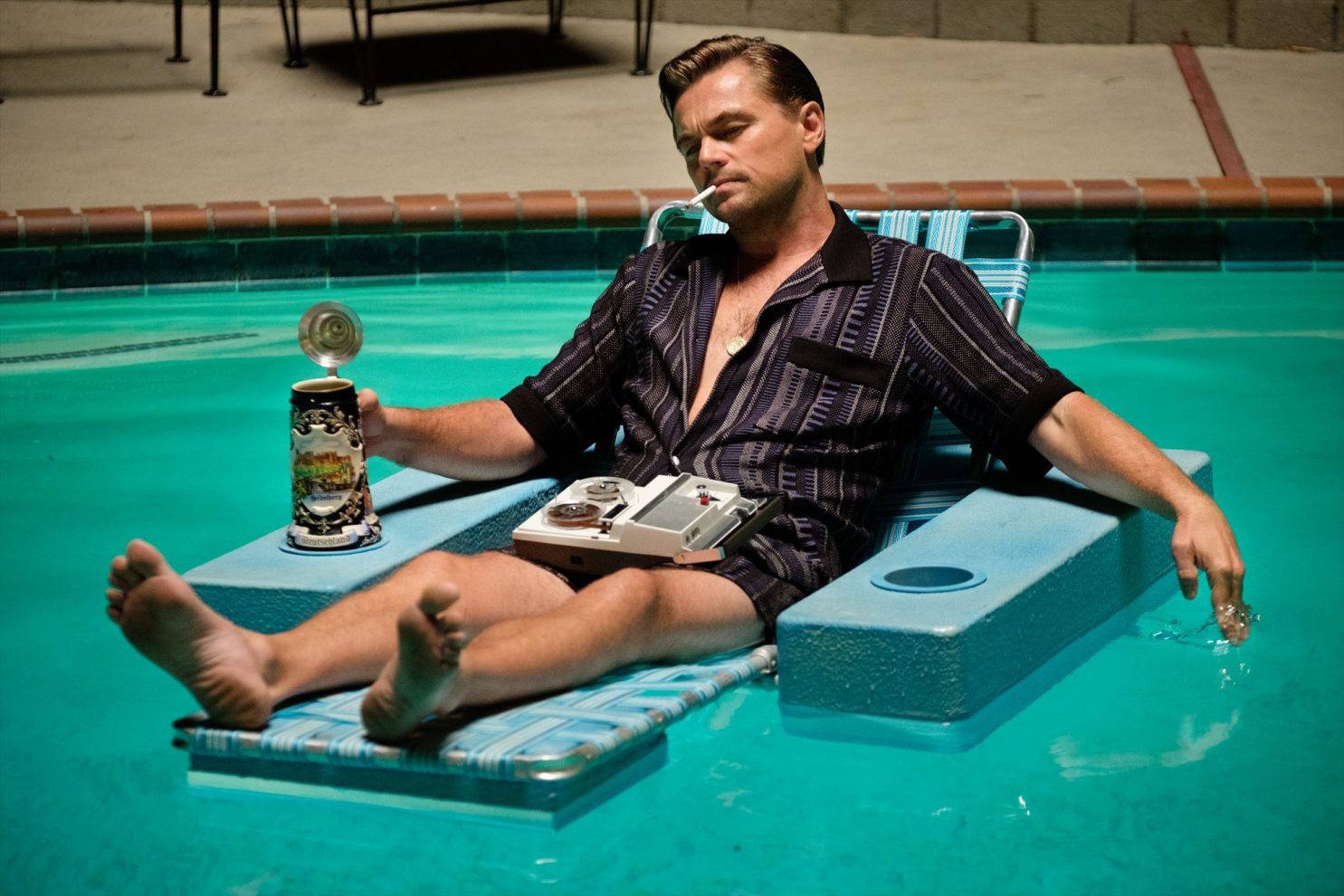
――Were there any films or characters that inspired the character of Rick Dalton?
QT: That’s a really good question. You have to understand when television became big in America in the 50’s, it created a different kind of star that never existed before. All the stars before then had been movie stars or theater stars or radio stars. But they created television stars. And in one episode of one TV show, a bigger audience could watch that show than had ever seen any one Clark Gable movie ever. So it created this whole breed of new type of star. And what was going to happen to those stars was a question that wasn’t answered yet in the 50’s leading into the 60’s.
We all know the examples of the actors that were able to be successful on TV shows at that time and transition of becoming movie stars. In particularly, three of them that did it perfectly well were Steve McQueen, Clint Eastwood and James Garner. But the thing is there was a group of other actors that had the possibility of pulling off the TV to movie transition, but they just didn’t work. Either the movies weren’t that good or they weren’t as lucky or all kinds of things, it’s just vagaries of a career happen. And some of those actors are who I based Rick on. I didn’t base him on one guy. I kind took a little bit of biography from this actor and a little bit of biography from that actor. And so some of those actors are people like George Maharis who was a star of “Route 66,” Ed Burns who was a star of “77 Sunset Strip,” Ty Hardin who was a star of “Bronco,” Vince Edwards who was a star of “Ben Casey.” In and around, that was kind of the idea of making Rick somewhat biographical composite of those guys without being one particular.
――What were you particular about playing Rick?
LD: What is so fascinating about being able to do movies in general is your entrance into the world that is unknown to you. And Quentin being this incredible cinephile introduced me to all these actors that I had never encountered before. Never looked at historically, never seen much of their work, maybe glimpse of pieces of their work, but that research in its own right was the realization for me, that this movie in a lot of ways is the celebration of our industry, those who have contributed to films and work that we love but may have been forgotten historically. It was an incredible journey for me to go on. And ultimately how that referred him to Rick as a character, I believe, is a man dealing with his own mortality realizing that maybe time has forgotten him, maybe the culture is moving, but he should be thankful for the fact that he’s there and present and able to work in a part of this magical world we called Hollywood.
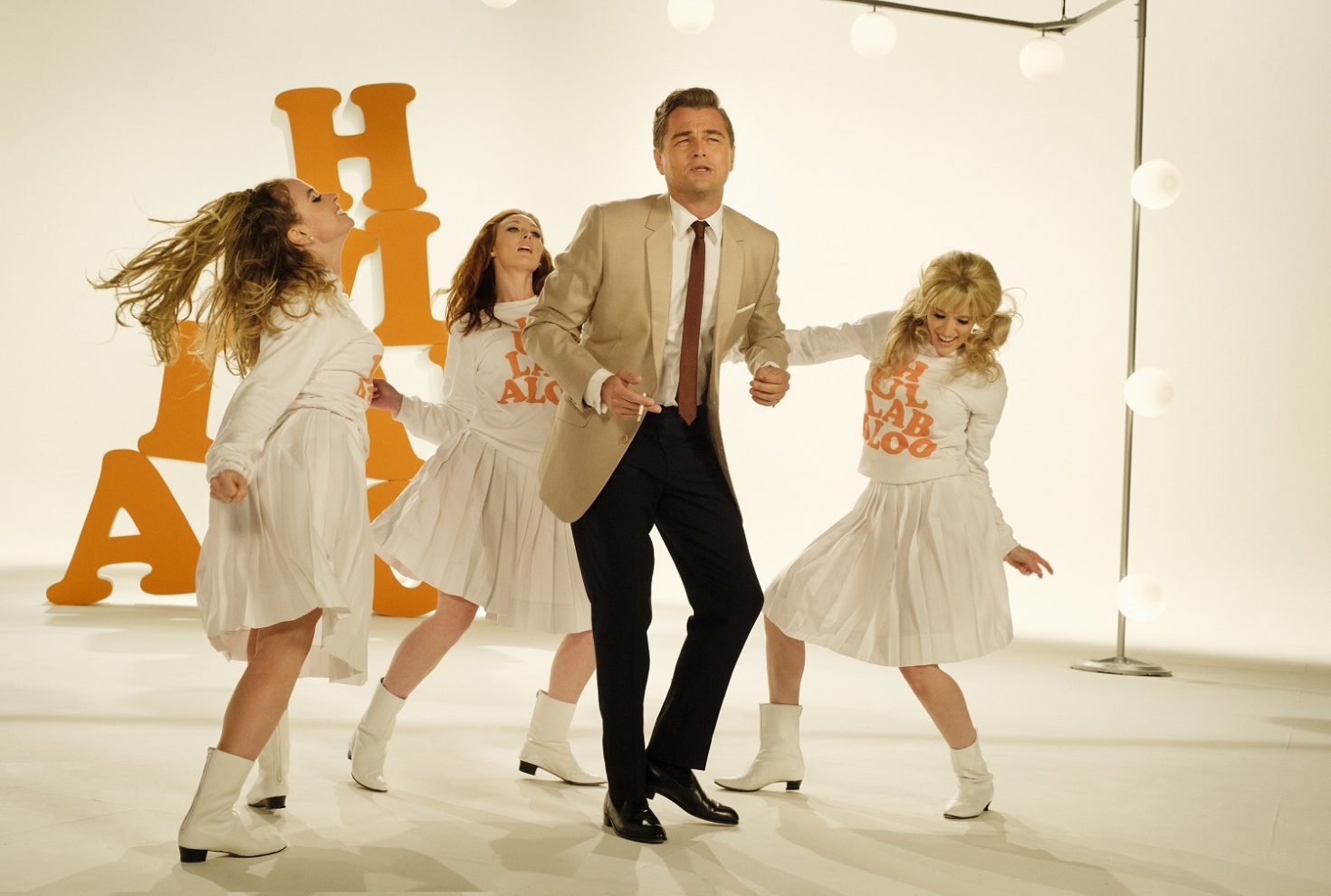
Leonardo DiCaprio star in Columbia Pictures メOnce Upon a Time in Hollywood”
――You have been working with Mr. Tarantino for years. What do you think is special to work with him on set?
SM: Making a movie with Quentin is magical and the set is an amazing place to be. We have what we call family on set and there are many people who’ve worked with Quentin since his first movie “Reservoir Dogs,” so the crew are always excited to get back together to work with him. It’s an amazing group of people who really love to work together, who want to put his vision out there, and love to come to work everyday because he inspires us. And in between shots he’s giving them film history lessons, so we always learn and write down what movies and TV shows we should go watch, because he knows more than most anyone on these subjects. But it’s truly a magical time and when our crew hears that Quentin is writing, they begin to call and ask “when do you think it’s going to go?” because they would quit any other movie to be on his sets. And it’s truly a joy to be there and witness it, and also this particular movie was a joy to watch him collaborate with Leo and Brad and Margot and bringing this movie to life, so sheer joy, sheer pleasure, it’s a magical place to be.
Also, we have a saying on set that happens after Quentin has gotten a take. He’ll say, “we’ve got that, but we’re going to do one more.” And the crew goes “why?” and we all say, “because we love making movies!” And that’s the motto that goes with this everywhere.
――So a miracle happens in this film, but are there any miracles that happened to you?
QT: It can be… me having a movie career and have been able to make nine movies, and I can go to Japan and you know who I am! Compare to 1996 when I was working for minimum wage at a video store [laughs.] To me, that’s a miracle to some degree or another. Just me being a working professional would be a miracle, but to have just profound incredible opportunity that I’ve had to actually be an artist in the industry that it’s actually difficult to live a life of an artist, where I’m not doing things because it’s a job or I’m not doing things for money, I’m doing the next step on my journey. That’s a miracle. That’s an absolute miracle and I’m very fortunate and I have a lot of opportunity and it’s just important to me that I never forget that.
LD: I would have to completely agree with Quentin’s sentiment. Just in a sense that I grew up in Los Angeles, I was born in Hollywood, and I know intrinsically how hard it is not only in our industry, but people come from all over the world to this mecca, and this sort of dreamland that is Hollywood. And a lot of people aren’t able to fulfill those dreams. And if I wasn’t able to go on auditions after school, I probably wouldn’t be sitting here today. And the miracle of being able to be not only a working actor, but to be an actor, as Quentin said, that can control your own decisions and your own destiny by your choices is an absolute miracle. I have not wavered my appreciation for that through my entire life, and I like to work with those that also realize that they, by working in this industry, understand that being a successful actor is in its own right of miracle. And that is the truth 99% of people who do what we do don’t get to be in this position so that would be my answer.
SM: I’ll mimic a bit of what Leo and Quentin said, but I’m so blessed and fortunate to have a career and working profession that I love working in and to get to work with the people I love to work with and it’s a joy to go to work everyday. And that I have a family at home that supports me and a husband who actually can put up with the hours that as in our industry, and that I have two wonderful boys who are growing up well. It’s quite a miracle.
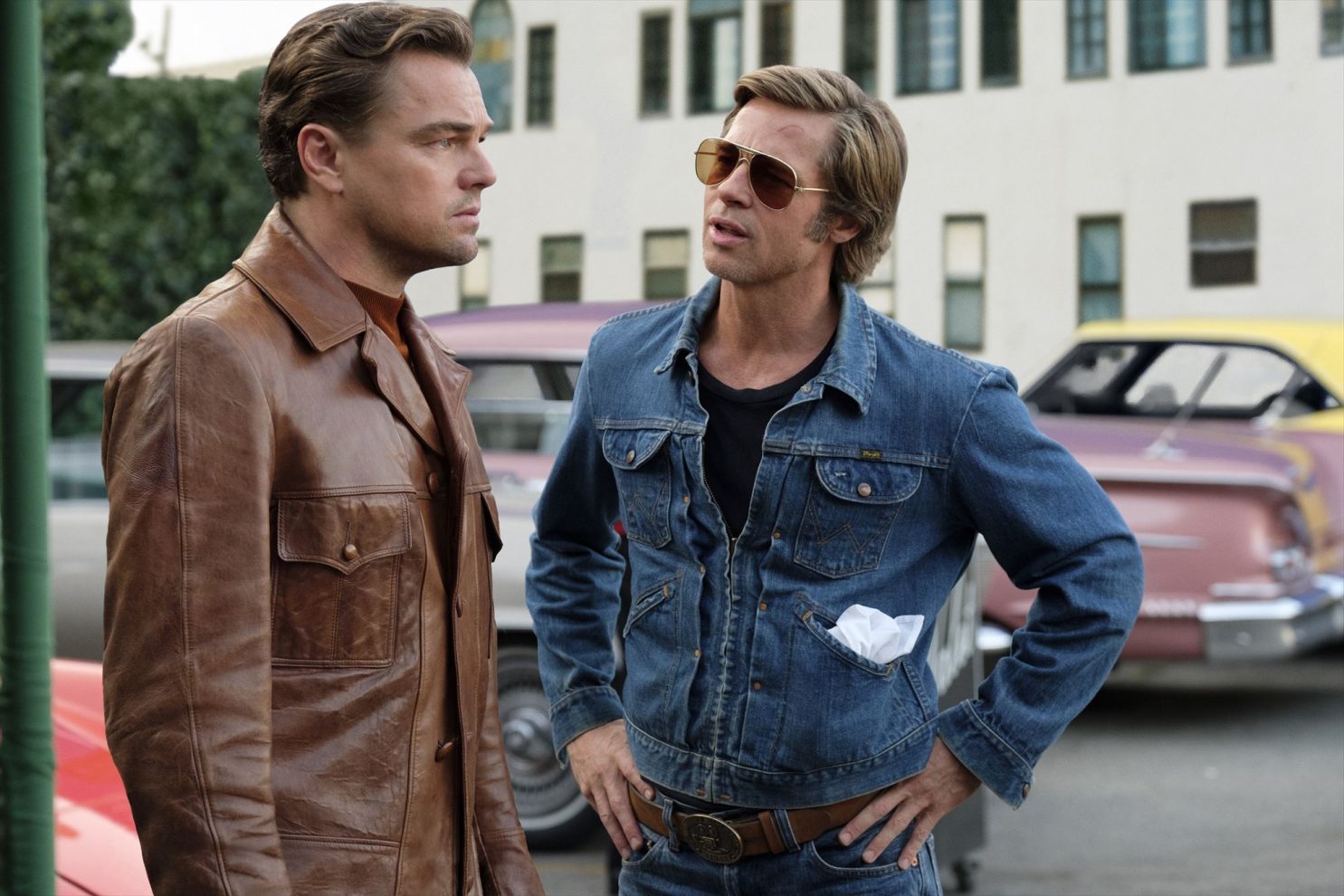
2488029 – ONCE UPON A TIME IN HOLLYWOOD
――What was the best part of recreating Hollywood in 1969?
QT: It was a lot of fun to do this movie, so there was a lot of thing. I had such a fantastic cast so working with different actors and making these scenes come alive, or making these characters come alive was just tremendous amount of fun, and I’m just very gratified. But I guess when it comes to satisfaction, there is a special satisfaction because I had never really done it before of taking a living town like Los Angeles and turning back the clock 40 years, and not doing it with CGI, and not doing it on a sound stage, and not doing it on a back lot, but doing it on a living breathing town that has businesses and cars and people moving around. And like I said, not doing it with CGI, doing it through production design and film trickery and film sawdust and tinsel and pulling it off. I feel we did. And that’s what’s really incredibly gratifying to me. That’s the magician part.
You know, actually, speaking of 1969, there is something I kind of want to bring up. I just discovered this Japanese director that I wasn’t that familiar with. His name is Kurahara and I saw the first movie he ever did in ’58 or ’59 called “I’m Still Waiting” and I was blown away by it. I thought, “wow! This guys is terrific,” so I started looking up some of the other movies he did, and apparently he did a movie in 1969 that was the biggest movie in Japan that year. It’s a racecar movie called “Safari 5000.” It’s like a grand-prix kind of movie. Have you guys every heard of it? It looks great. So anyway, anybody here in Japan who wants to give me a copy of “Safari 5000” in DVD with English language subtitles, I’m here for two more days. I’m here. I want it. So if you want to give me a gift, that’s the gift I want. I want “Safari 5000” [laughs.]
――What is Hollywood to you? What does Hollywood mean to you?
QT: I think one of the things me and Leo have been saying for both of us is Hollywood has two meanings. There is the industry and there is the town. And this movie tries to deal with both of them. It tries to deal with an industry town what’s going on, but also tries to deal with it as a town that has citizens or a town that has denizens. And a town where frankly great success and medium success and medium failure and great failure can be right next to each other. Those positions change as the years go on and to me that’s kind of fascinating. If you are lucky enough to work in Hollywood for 20 or 30 years, it’s like going to a high school for 20 or 30 years. Because you see a lot of the same people, and you might have actually been friends with this person 10 years ago and you still like them now, but you don’t hang out with them everyday or every week. But you are still happy to see them, which is kind of how high school usually happens in four years, and now just stretch that out for 25 years. It’s sort of what it’s like [laughs.] Would you agree with that?
LD: I agree.
――What is Hollywood for you?
LD: Well, for me, like I said, you are speaking to an LA native so I’m incredibly biased. But I do think Hollywood in particular gets a bad rap around the world for, not to say that there aren’t those incredibly superficial obnoxious people dwelling in my town, but I happened to be somebody that is forged the greatest relationships of my life, my family, my friends, growing up in Los Angeles. So like I said, it’s this dream factory and that dream factory can lead to a lot of success or failure. But I’m just very proud to have LA natives in family members that I have known for my entire life there. I’ve met some of those fascinating people in my life in Los Angeles as well. People from all around the world that I’ve gotten to interact with and have mostly great politics [laughs.] But it’s a place where I can go to and always happy to be back no matter where I am in.
SM: Unlike Leo and Quentin, I did not grow up in Los Angeles, but I’ve now lived there for 20 years. So I feel privileged to work there and to raise my family there and it is now home, and that’s where my heart is. I love it.
